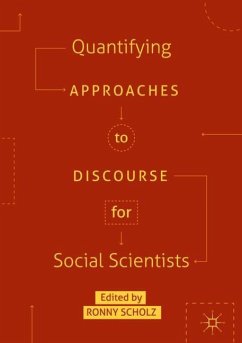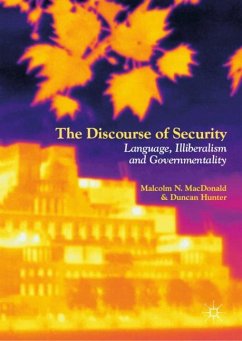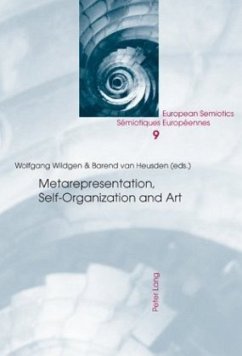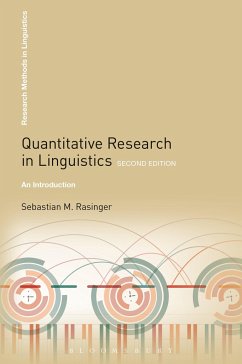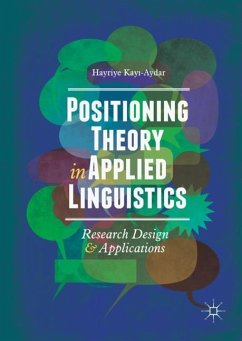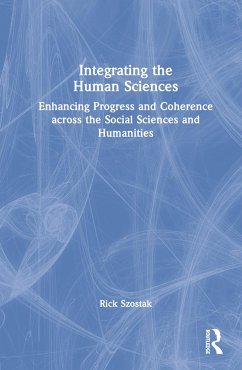
Discourse, Culture and Organization
Inquiries into Relational Structures of Power
Herausgegeben: Marttila, Tomas

PAYBACK Punkte
57 °P sammeln!
This edited volume brings together leading international researchers from across the social sciences to examine the theoretical premises, methodological options and critical potentials of the Essex School of discourse analysis, founded on the work of Ernesto Laclau and Chantal Mouffe. In doing so, it presents a clear picture of a poststructuralist and post-foundational research program to postdisciplinary discourse research. Divided into three parts, it begins by elaborating the ontological, theoretical and methodological foundations of the Essex School's approach to discourse analysis. The se...
This edited volume brings together leading international researchers from across the social sciences to examine the theoretical premises, methodological options and critical potentials of the Essex School of discourse analysis, founded on the work of Ernesto Laclau and Chantal Mouffe. In doing so, it presents a clear picture of a poststructuralist and post-foundational research program to postdisciplinary discourse research. Divided into three parts, it begins by elaborating the ontological, theoretical and methodological foundations of the Essex School's approach to discourse analysis. The second part provides empirical case studies showing how the Essex School research program informs and instructs empirical discourse research. In the concluding third part authors explain how and with what possible consequences this strand of discourse research contributes to social practices of critique. It offers a crucial contribution to the further methodologization and operationalization ofthe Essex School's approach so as to make it a viable alternative to discourse-analytical approaches that take dominant positions in today's 'field of discourse studies'. The book's transdisciplinary focus will attract readers who use discourse analysis in all areas of the social sciences and humanities, particularly applied linguistics, cultural anthropology, sociology, philosophy and history.






